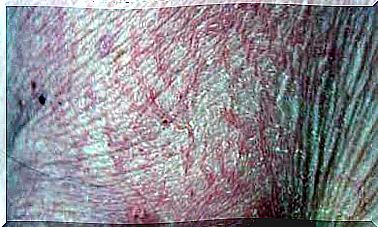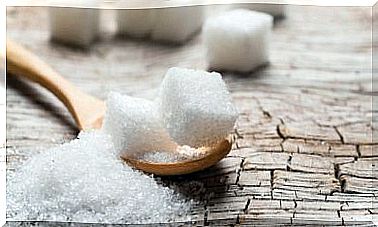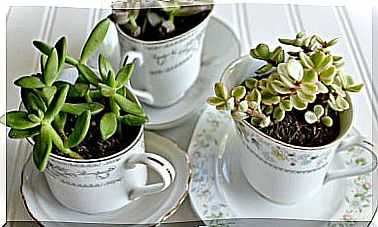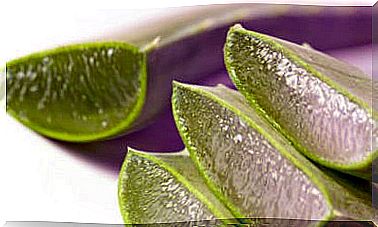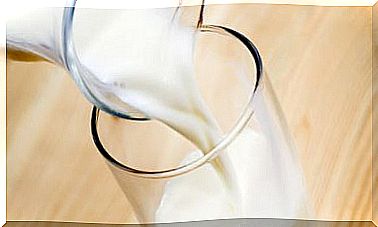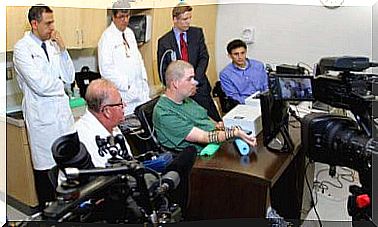Causes, Symptoms And Treatments For Tendonitis
Inflammation of the tendons can be very painful. This time we give you the causes, symptoms and some treatments for tendonitis.

Have you had an injury and want to learn more about tendonitis treatments to improve yourself and resume your routine? In that case, keep reading everything that we are going to tell you below.
Tendinitis is inflammation of a tendon that can be near the knee, ankle, shoulder, wrist, or elbow joints. “Some popular names for tendonitis are tennis elbow, golfer’s elbow, swimmer’s shoulder, or jumper’s knee,” experts say.
There are those who consider that it mainly affects young people, since many of them can make an undue effort that generates weakening of the tendons.
What are the causes of tendonitis?
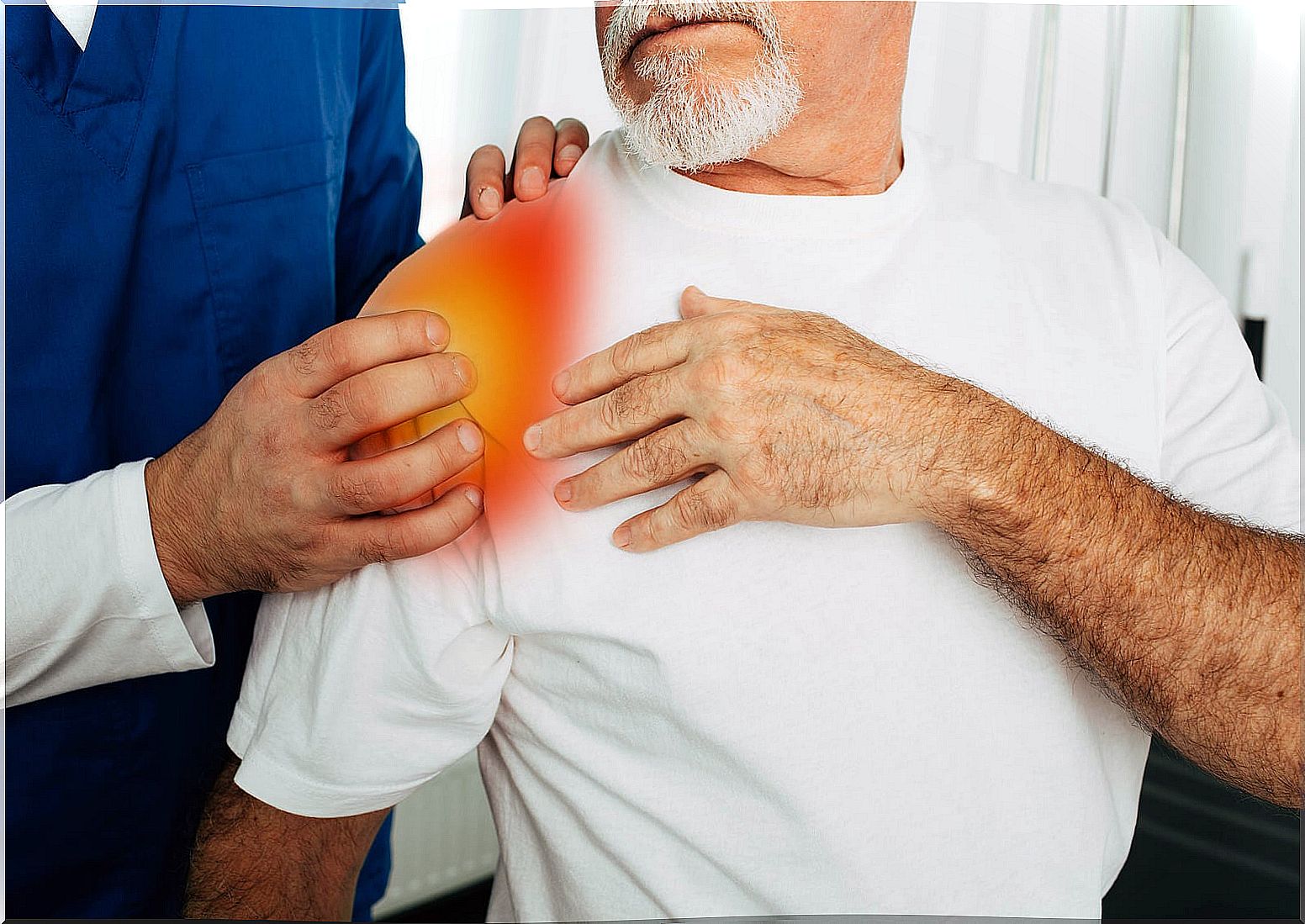
Tendonitis is the result of repetitive stress or overload on a certain area of the body. This effort causes some muscles to work harder than others, weakening the tendon area. Among its main causes are the following:
- Infections in the affected area.
- Suffering from rheumatic diseases.
- Blows or injuries that affect the tendon.
- Excessive muscle work, which leads to more strain on the tendon.
- Constant muscular effort, such as that carried out by athletes or that which requires some types of work.
- Age can influence the loss of elasticity in the tendon, making the person more susceptible to developing this problem.
Symptoms of tendonitis
- When a person has tendonitis they experience pain and inflammation that can increase when trying to stretch the affected area.
- Only in some cases the person may have a certain stiffness in the affected area.
- Usually the pain increases in the evening hours.
The most recommended if you have these symptoms is to consult your doctor, since they are often confused with those of sprains or fissures in the bone.
Treatments for tendonitis: natural ways to fight it
According to the MSD Manual, ” Treatment consists of rest, non-steroidal anti-inflammatory drugs, and sometimes corticosteroid injections. ” For this reason, it is essential to go to the doctor and follow his instructions.
In the popular realm, there are home remedies and home care that are often described as treatments for tendonitis and that could be useful to complement the one prescribed by the professional. Its main objective is to contribute to relief during the recovery period. If your doctor authorizes you to use them, try to do so following their recommendations.
Note : In general, tendonitis treatments can be applied as long as the injury does not involve a tendon rupture. That is, if the diagnosis is not so serious, then we can use home remedies to treat tendonitis.
Immobilize the affected area
The most important of the treatments for tendonitis is rest. To recover from this disease, it is important to avoid straining the affected area so as not to aggravate the problem. Many times the doctor makes the decision to immobilize the patient with the application of a cast, but almost always the recommendation is to rest.
Willow infusion

Willow has a compound called salicin , which is the principle of aspirin. For this reason, it is recommended as one of the treatments for tendonitis; to relieve pain and relax the affected area. Willow has been shown to have anti-inflammatory properties.
For this, add 2 grams of the dried willow bark to a glass of boiling water and drink two or three cups of the infusion. It is not recommended for people allergic to aspirin and its consumption should not be exceeded because it can cause stomach irritation.
Echinacea infusion
Echinacea is characterized by having an anti-inflammatory effect that is very useful in the treatment of injuries to the muscles and tendons, especially when they are produced by stretching or repetitive movements.
To prepare the infusion you simply have to mix a tablespoon of this dried plant in a cup of water and bring it to a boil.
Hot and cold compresses
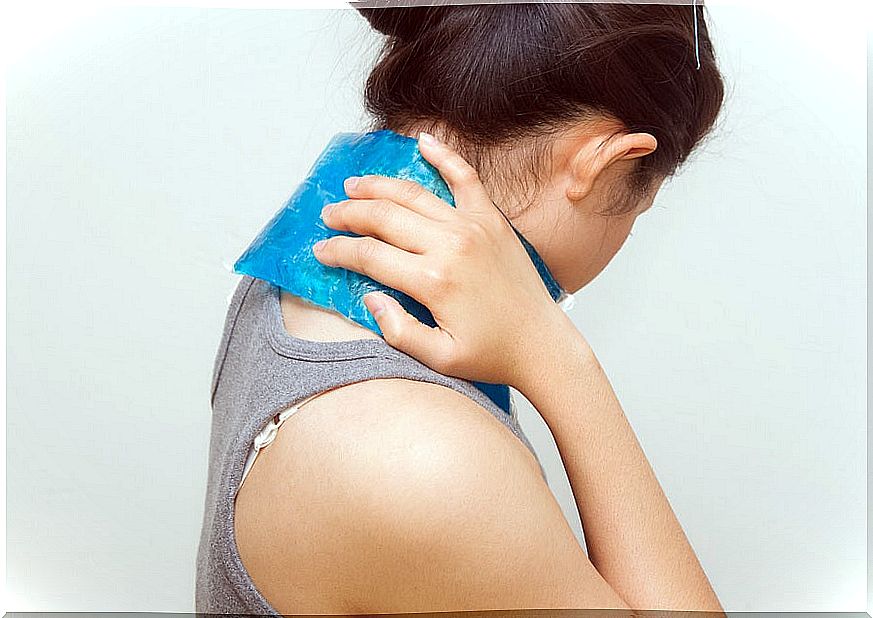
Hot and cold compresses are another treatment for tendonitis. When pain begins, immediate application of ice is recommended to reduce inflammation.
Afterwards, it is advisable to place warm, moist compresses on the affected area without actually burning the skin. According to Mayo Clinic experts, using heat is recommended after the first three days. This helps relax muscles and relieve pain.
Arnica
Arnica is one of the plants known for its anti-inflammatory effects, which are considered ideal for treating muscle and tendon inflammation. It is recommended to apply a lotion or ointment from this plant to the affected area. These types of products can be found today in herbalists, supermarkets and health food stores.
Clubmoss or Lycopodium clavatum
Another of the remedies or treatments for tendinitis is the club moss because several medicinal properties are attributed to it, including anti-inflammatory properties. To take advantage of it, the dried plant is applied to the affected area and covered with gauze to let it act overnight.
aloe vera
According to popular wisdom, the pulp of aloe vera can also work as a home treatment for tendon inflammation. To use it, the aloe vera pulp must be extracted, liquefied very well and applied the resulting juice on the affected area. It is then covered with a bandage. It is necessary to leave on for half an hour and apply twice a day.
* Aloe vera may be contraindicated in some skins, so it is important to inform yourself well about it and consult with the dermatologist or treating doctor.
Stretching exercises
Although initially you have to rest so as not to worsen the problem, it is recommended to practice some stretching exercises that help us to strengthen the area without forcing the tendons.
In fact, in the treatment carried out by physical therapists, different types of stretching exercises are almost always done. It is best to consult a specialist to recommend some exercises that you can do at home.
If you feel any of the symptoms of tendonitis, consult your doctor and follow all his instructions so that you can recover. Additionally, maintain a healthy lifestyle. Remember that it is the sum of good habits that helps any treatment be effective.

